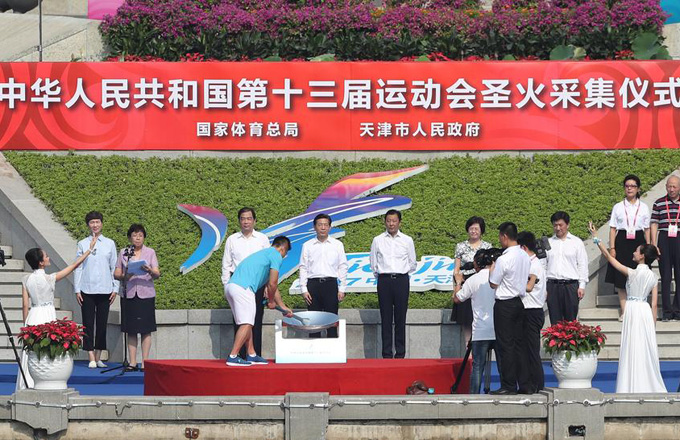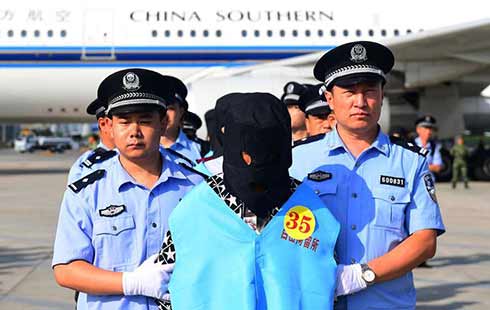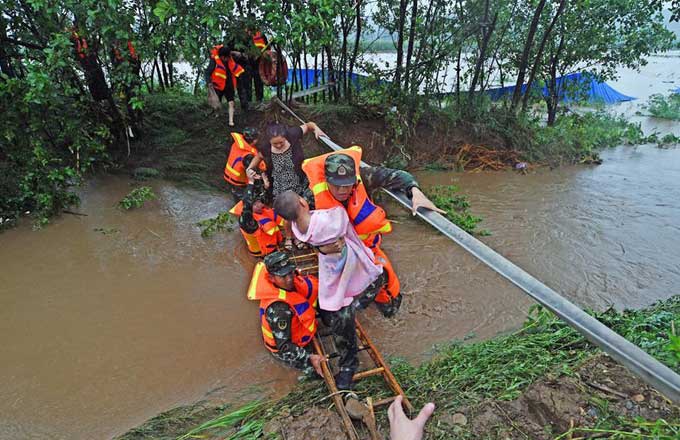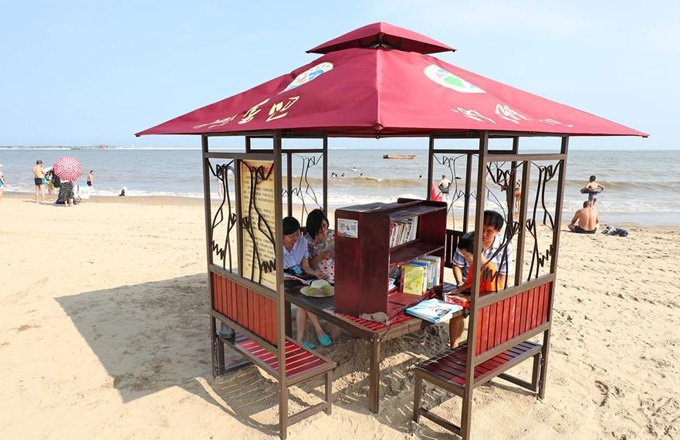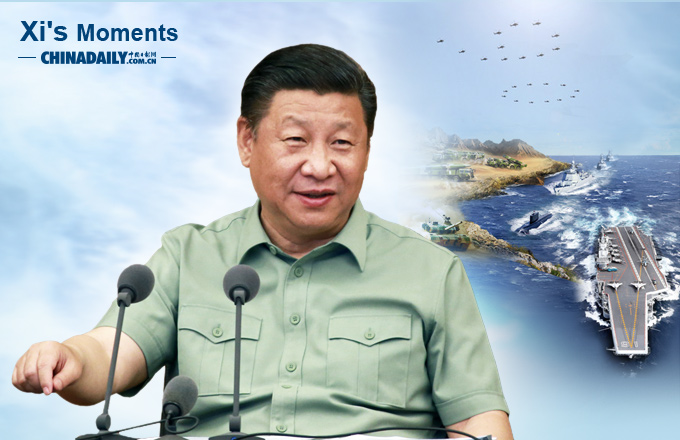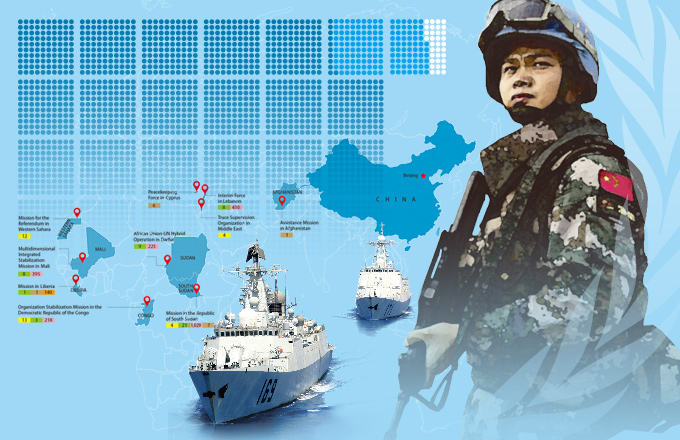Sanctions, peace talks both important in efforts to address Korean Peninsula nuke issue: Chinese FM
MANILA -- Both sanctions against the Democratic People's Republic of Korea's (DPRK) nuclear and missile programs and resumption of the six-party talks are important and neither should be neglected, Chinese Foreign Minister Wang Yi said on Sunday.
Wang made the remarks here on the sidelines of a series of foreign ministers' meetings, in response to a question regarding the new UN Security Council resolution over the DPRK's test launch of intercontinental ballistic missiles in July.
China, as a permanent member of the UN Security Council, upheld an impartial and objective position and played a responsible and constructive role in the process of the adoption of the resolution, he said.
According to Wang, there are two major components in the resolution: one is to make a necessary response to the DPRK's constant missile launch activities which have violated UN Security Council resolutions in a bid to effectively check DPRK's nuclear and missile development programs.
The other is to call for the resumption of the six-party talks, stressing the peaceful settlement of the Korean Peninsula nuclear issue by diplomatic and political means, in order to avoid escalation of the tension on the peninsula.
The six-party talks, which involve the DPRK, South Korea, the United States, China, Russia and Japan, were initiated in Beijing in August 2003, but have been stalled since December 2008. DPRK dropped out of the talks in April 2009.
Noting that sanctions are necessary but not the ultimate goal, the Chinese minister said the measure aims to bring parties concerned back to the negotiating table so as to seek a peaceful solution to the Korean Peninsula nuclear issue and realize denuclearization as well as lasting peace and stability on the peninsula.
Following the adoption of the resolution, the situation on the Korean Peninsula has entered into a critical juncture, Wang said, urging all parties concerned to make judgement and decisions in a responsible way in order to avoid constant escalation of the situation on the peninsula.
Wang also expressed the hope that all parties concerned can earnestly take into account and accept China's "double suspension" proposal which requires the DPRK to suspend its missile and nuclear activities in exchange for the suspension of large-scale U.S.-South Korean military drills.
At present, the proposal is the most practical, viable and reasonable solution, he said, adding that it can not only deescalate the tension of the peninsula, but also address various parties' urgent safety concerns, and provide a way out for the Korean Peninsula nuclear issue.




